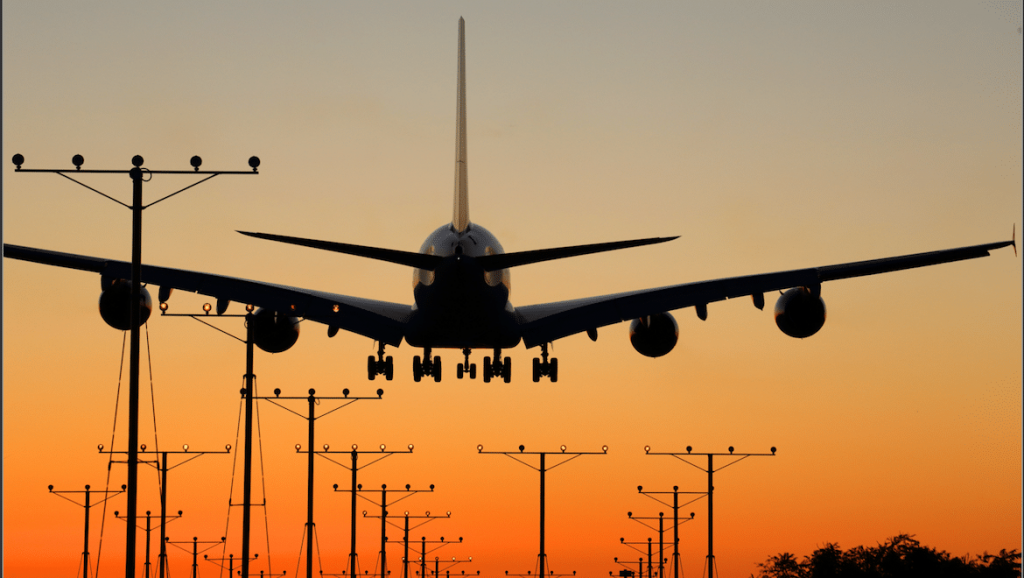
The widespread introduction of border closures and travel restrictions has seen the European aviation industry’s CO₂ emissions fall 56.9 per cent compared to 2019, according to Eurocontrol.
The European Organisation for the Safety of Air Navigation, commonly known as Eurocontrol, has released its ‘data snapshot’ on CO₂ emissions from flights throughout 2020.
It found aviation emissions to be down 56.9 per cent on 2019 levels, while the number of flights departing from European states declined at a similar rate year-on-year, to be down 54.5 per cent in 2020.
The report found that individual European states reduced their aviation emissions by between 13 per cent, as in the case of Luxembourg, and 75 per cent, as in the case of Montenegro.
The air traffic organisation noted that the considerable variation between countries’ CO₂ reductions was largely driven by differences in their fleets, market segments, and the effect of COVID-19 on the local aviation industry.
For example, the number of flights departing from Belgium was down by about half in 2020 when compared to 2019, however Belgium’s aviation CO₂ emissions were down only 30 per cent.
This was because a high number of flights operated out of Belgium in 2020 were cargo operations, utilising larger aircraft, and often travelling further distances than normal.
The states that marked the biggest reduction in their aviation CO₂ emissions were Montenegro, Croatia, and Slovenia, with emissions down 75, 73, and 71 per cent year-on-year, respectively.
The states that reduced emissions the least included Luxembourg (13 per cent), Belgium (30 per cent) and the Netherlands (41 per cent).




